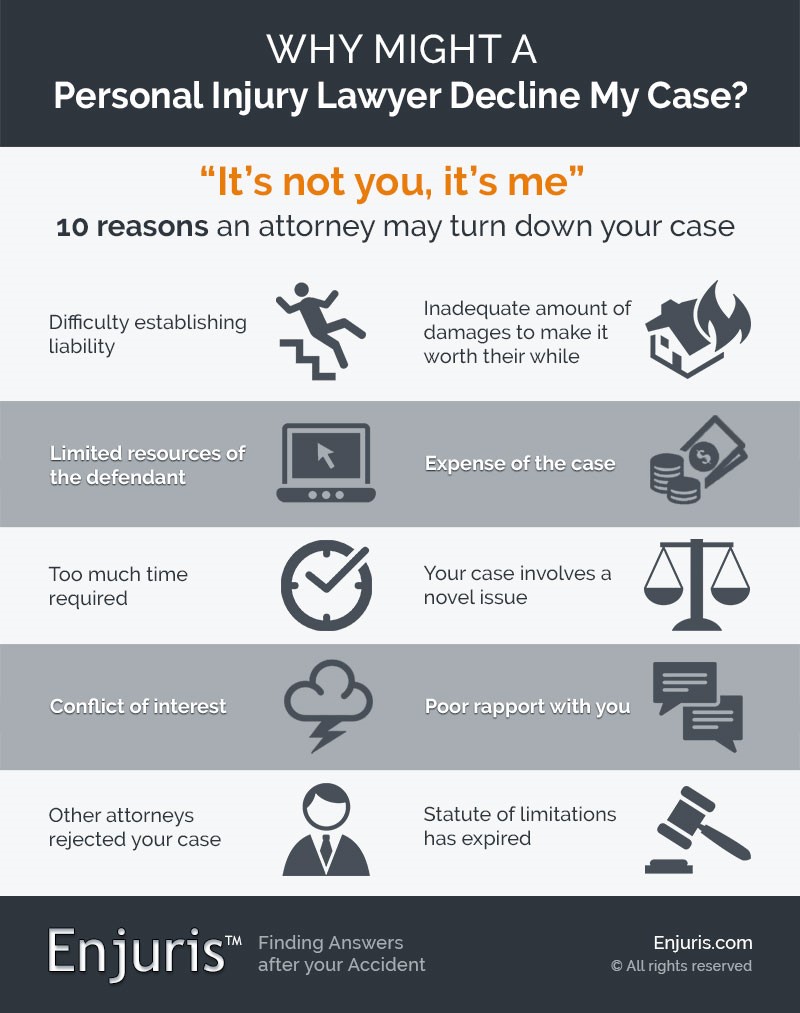Landlord-Tenant Regulation: A Real Estate Legal Representative'S Overview
Landlord-Tenant Regulation: A Real Estate Legal Representative'S Overview
Blog Article
Content By-Kilgore Power
When it comes to landlord-tenant legislation, knowing your legal rights and responsibilities is vital for both celebrations. You could assume you have a strong understanding on the basics, but there are commonly subtleties that can catch you unsuspecting. Whether https://zenwriting.net/quinn14tomasa/prepare-to-involve-your-realty-lawyer-with-crucial-questions-that-may-affect 're a landlord handling a building or a tenant trying to find a steady home, comprehending the lawful landscape can make all the distinction. What could amaze you are the intricacies involved in navigating disputes and expulsion procedures.
Recognizing Renter Legal Rights and Responsibilities
When you rent a property, it's important to understand your legal rights and duties as a lessee. You deserve to a risk-free and habitable living setting, indicating your landlord needs to keep vital solutions like heating, plumbing, and electrical power.
You're additionally qualified to privacy; property managers normally need to provide notice prior to entering your unit.
On the flip side, you're responsible for paying lease on time, maintaining the building clean, and not triggering damages beyond typical deterioration.
Familiarize yourself with your lease agreement, as it lays out details policies and commitments. Knowing these aspects not only protects you but additionally promotes a positive partnership with your property owner.
Remain informed, and you'll browse your occupancy better.
Trick Proprietor Obligations and Legal Factors To Consider
While you might know your civil liberties as a tenant, it's similarly essential to recognize your proprietor's obligations.
Landlords need to provide a safe and habitable living environment, guaranteeing that essential systems like home heating, plumbing, and power remain in functioning order. They're likewise responsible for making necessary fixings immediately and adhering to local building codes.
Furthermore, property owners need to value your personal privacy by providing correct notification before entering your device, generally 24-hour. Read the Full Content need to manage down payment according to state regulations, including returning them promptly after you leave, minus any type of authorized deductions.
Comprehending these commitments can aid you preserve a favorable connection with your property owner and guarantee your living scenario fulfills legal requirements.
Navigating Disputes and Expulsion Procedures
Conflicts between property owners and tenants can develop suddenly, making it vital for you to comprehend the processes involved in solving them.
Initially, communication is vital-- attempt to discuss concerns straight to find a compromise. If that fails, familiarize yourself with your local laws relating to conflicts and eviction. Record everything: maintain records of communications, repayments, and any offenses.
If eviction comes to be needed, ensure you adhere to the legal actions needed in your location, which usually includes giving composed notice and a details timeframe for resolution.
Be prepared to go to court if the circumstance rises, as it may be your only choice. Understanding these processes will certainly assist you browse disputes more effectively and protect your rights as either a proprietor or lessee.
Verdict
In recap, understanding landlord-tenant regulation is important for both events involved in a rental contract. By knowing your legal rights and responsibilities, you can promote a better living environment and stay clear of disputes. If disagreements occur, bear in mind that a realty legal representative can help direct you through the intricacies of expulsion processes and legal commitments. Staying informed and positive will certainly make certain a smoother rental experience, whether you're a property owner or an occupant.
